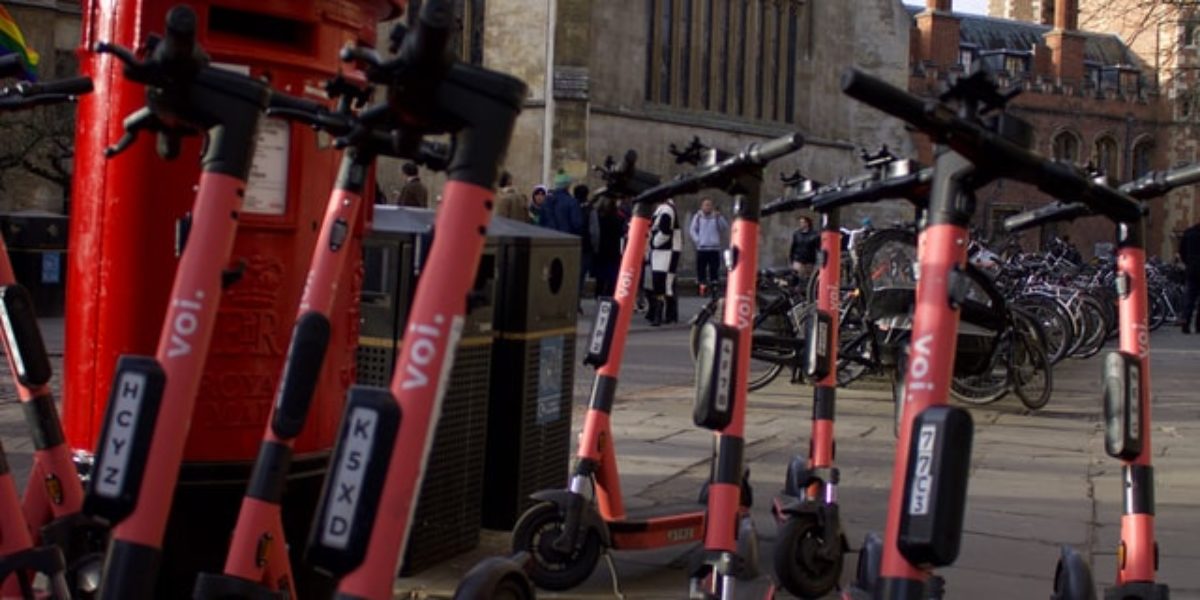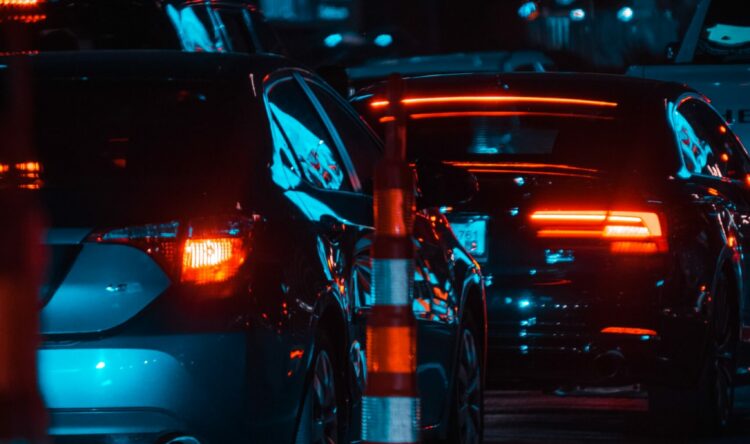E-scooter trial rides on
Extension announced to e-scooter trial, but still unregulated
E-scooters are set to ride on unregulated for two more years.
The official announcement states that trials of rental e-scooter schemes can continue until May 2024.
Despite the obvious popularity of the transport mode, there are many groups concerned about the extension of trials.
The trials, which got underway in July 2020, were set to end this November.
Questions
Responding to a parliamentary question, transport minister Trudy Harrison confirmed they can now run until May 2024. While this isn’t a requirement on participating local authorities, if they wish to extend the trials they can. However, no new trials are expected.
“The Government has decided to allow current e-scooter trials, which are live in 30 areas across England, to be extended,” says Trudy Harrison.
“The existing trials will continue to run until 30 November and participating local authorities will then have the option to end their local trial or extend it to 31 May 2024.
“Extensions will be restricted to existing trial areas only and will allow us to gather further evidence where gaps are identified, building on the findings of the current evaluation. We hope that all areas will want to continue, but there is no compulsion.”
Safely does it?
Originally the trials were seen as a way of easing pressure on and, concerns about, using public transport during the Covid-19 pandemic. It was also heralded as a green alternative to urban transport issues, particularly concerns over road side pollution levels. What’s more, they were seen as an affordable solution for all sections of society.
However, the two years they have operated have done little to reassure critics about their safety.
DfT data shows there were 1,359 casualties in collisions involving e-scooters, compared to 484 in 2020.
Deaf and blind to the problems
The National Federation of Blind UK (NFBUK) is particularly concerned about e-scooters. The lack of regulations, there use on pavements and the lack of policing of their use is seen as increasingly dangerous
Reacting to the extension of the trials, NFBUK are calling on the Government to “get a grip on the dangers of e-scooters”.
Sarah Gayton, the NFBUK’s shared space coordinator, said: “It is clear the DfT is treating the public with contempt and is making the decision to extend the trials with zero public scrutiny. This approach is not safe at all.
“The e-scooters are getting more priority than the safety, accessibility and wellbeing of pedestrians, especially pedestrians who are blind and visually impaired and use mobility aids like white canes and guide dogs, as well as vulnerable pedestrians like older people and small children.
“The safety risk of the riders is also not being made public and riders are still not being made to wear helmets in the trials even though the risks of serious head injuries are well documented.”
No mans land
In May this year, Transport Secretary Grant Shapps indicated new regulation to MPs on the House of Commons’ Transport Committee. He said it would be included in the Queen’s Speech. However, the resignation of Prime Minister Boris Johnson and the Conservative leadership election have overshadowed proceedings.
Currently there is no specific legislation for e-scooters. Despite their popularity, they are illegal to use in public outside of specific government trials. However, it is currently legal to buy and sell e-scooters in the UK.
A reduced police force is struggling to deal with the issue and a lack of an effective mandate.
The trial rental schemes around the country include safety recommendations for users. These include safety features such as maximum speeds of 15.5mph, automatic lights and a recommendation to use helmets. However, they are not required, and there is no clear regulation about where and how e-scooters should be used.
Many privately bought scooters are capable of much higher speeds, up to 50mph. They are currently illegally riden both on pavements and public roads, with most rider not wearing a helmet.
More than 750,000 private e-scooters are in use across the UK.






